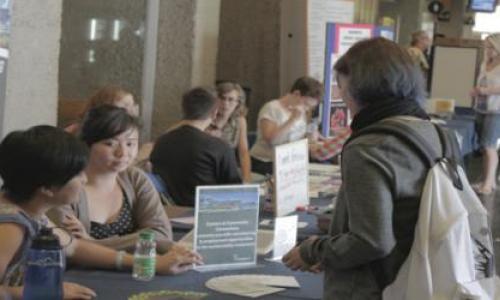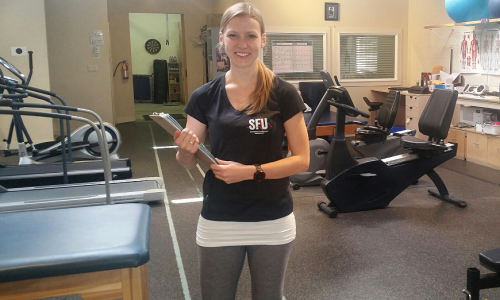
In a broad sense, networking involves activities, events or simple actions aimed at building social connections with people. The main goal in networking is to meet new people that can potentially be of great help and value to your career and professional development. By networking, you are opening doors to job opportunities, mentorship from experienced professionals and gaining new knowledge and skills that can make you stand out in the job market.
Virtual networking simply means having interactions and building connections remotely as opposed to doing so in-person. Although our current circumstances have moved networking events online, there are still many opportunities and great people to meet remotely.
Now, you may be confused about how to navigate creating new professional relationships online without the ability to mingle in person. That is why I will be sharing five tips to help you with fostering long-lasting connections online.
Before Networking virtually, keep in mind the following the steps:
Ask yourself these questions:
- What are my reasons for attending this virtual networking event?
- What do I hope to gain and learn from connecting with a person?
- Am I hoping to learn more about an industry/company?
The purpose of networking differs for everyone. Begin your networking with a clear purpose in mind. Be intentional about knowing your desired outcome from the networking event. Nonetheless, remain open to conversations or contacts that may not take the path you originally wanted. Remember your career goals and targets in your professional development and tailor your networking needs to them. Just as you may prepare a short pitch about yourself or an elevator pitch for an in-person event, draft one up for networking sessions.
2. Do Some Research About Whom You Would Love to Connect With
After determining your specific purpose for virtual networking, do some research on whom you would love to connect with. If there is a panel with different professionals, find out more about them: their career trajectory, initiatives they have been a part of etc. This can help you know who to specifically target and have those enlightening conversations with. Having some prior knowledge/research done before any virtual networking would give you a great direction on the questions to ask and topics you would love to learn more about.
3. Come Prepared
Your research puts you in a great place of preparation for virtual networking. Think back to how much effort you may put into getting dressed and presenting yourself professionally for in-person networking events. Similarly, come into virtual networking events ready to speak, meet new people and build long-lasting connections. You can create a nice and welcoming atmosphere in the physical environment you wish to attend the event remotely. If you think dressing up professionally may set you in the right mental space or make the virtual networking feel more real to you, feel free to do so. Engage in any pre-networking rituals you may have to best improve the virtual networking experience. Make sure you have a good internet connection and stay in an environment with good lighting. Having quality audio will help make the interactions much smoother- you can speak audibly, and others can be heard also.
The value of LinkedIn has become more evident in virtual networking. LinkedIn is a platform that can be utilized to create a professional image and brand for yourself as well as for building connections. You can search for specific companies or professionals affiliated with companies of interest and start networking! With LinkedIn, you can start direct conversations with individuals on different topics and ask productive questions. Be intentional about the contacts you add to your network. Ask for the contact information or LinkedIn details of the people you had good conversations with and desire to build connections with.
Don’t let your conversations end at the virtual networking event! The truth is the professionals you spoke with also met so many other people during the session. There is a tendency that they may not remember your name or any information about you. To make sure you have a positive, forward-looking connection, connect with them through LinkedIn and other preferred social media platforms. Be sure to send regular emails or messages to your new connections to maintain ongoing, purposeful relationships.
Remain flexible and adaptable to different networking scenarios. Networking can happen anywhere and with anyone. The location and set-up may not seem perfect or ideal for you but enjoying the process and having quality connections is what truly matters!



















